
Assalamou alaykom w rahmatou allah w barakatouhou
Praise be to Allaah. Praise be to Allaah first and last, and thanks be to Him always. He blesses whomsoever He will with guidance, and deprives whomsoever He will of happiness.
He saves His slave from misguidance and supports His close friends until the Hour begins.
My dear Muslim brother, congratulations on your being blessed with guidance. We ask Allaah to make you steadfast until death.
It was a great achievement when you decided to embrace Islam and give up the misguidance in which you had grown up and the shirk which is forbidden.
We welcome you as a new brother in Islam and we welcome you as a visitor to this topic
This topic covers almost everything that new Muslims and and even Non-Muslims need to know about Islam..The Do's & Don'ts, advices, lessons, books, video .....
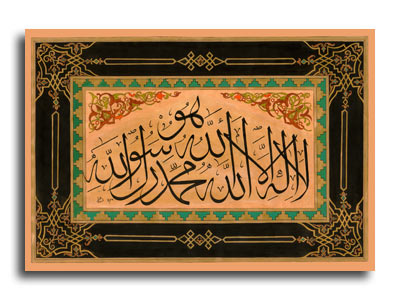
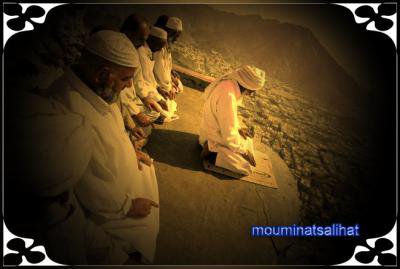
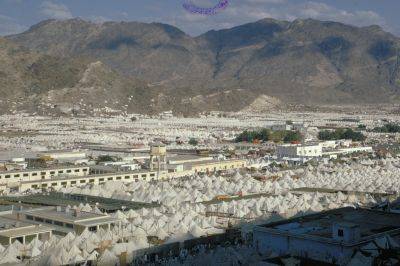
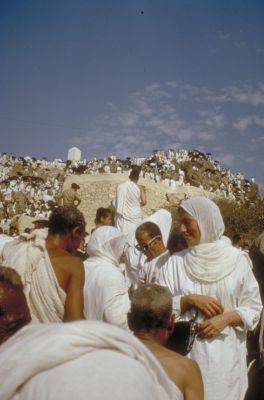
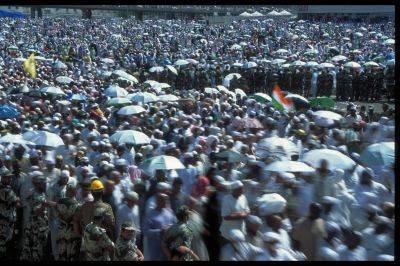
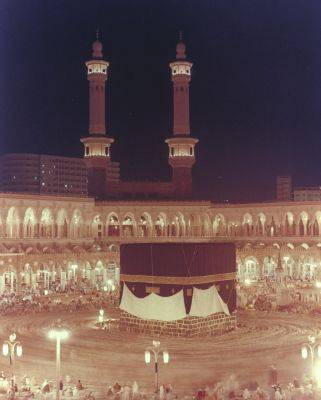
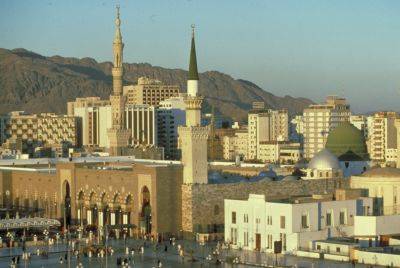
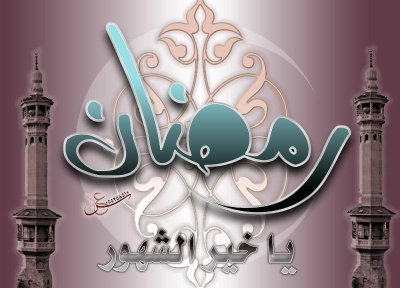
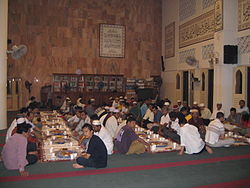
The Five Pillars of Islam are the five obligations that every Muslim must satisfy in order to live a good and responsible life according to Islam
The Five Pillars consist of
* Shahadah: sincerely reciting the Muslim profession of faith
* Salat: performing ritual prayers in the proper way five times each day
* Zakat: paying an alms (or charity) tax to benefit the poor and the needy
* Sawm: fasting during the month of Ramadan
* Hajj: pilgrimage to Mecca
Why are they important
Carrying out these obligations provides the framework of a Muslim's life, and weaves their everyday activities and their beliefs into a single cloth of religious devotion
No matter how sincerely a person may believe, Islam regards it as pointless to live life without putting that faith into action and practice
Carrying out the Five Pillars demonstrates that the Muslim is putting their faith first, and not just trying to fit it in around their secular lives